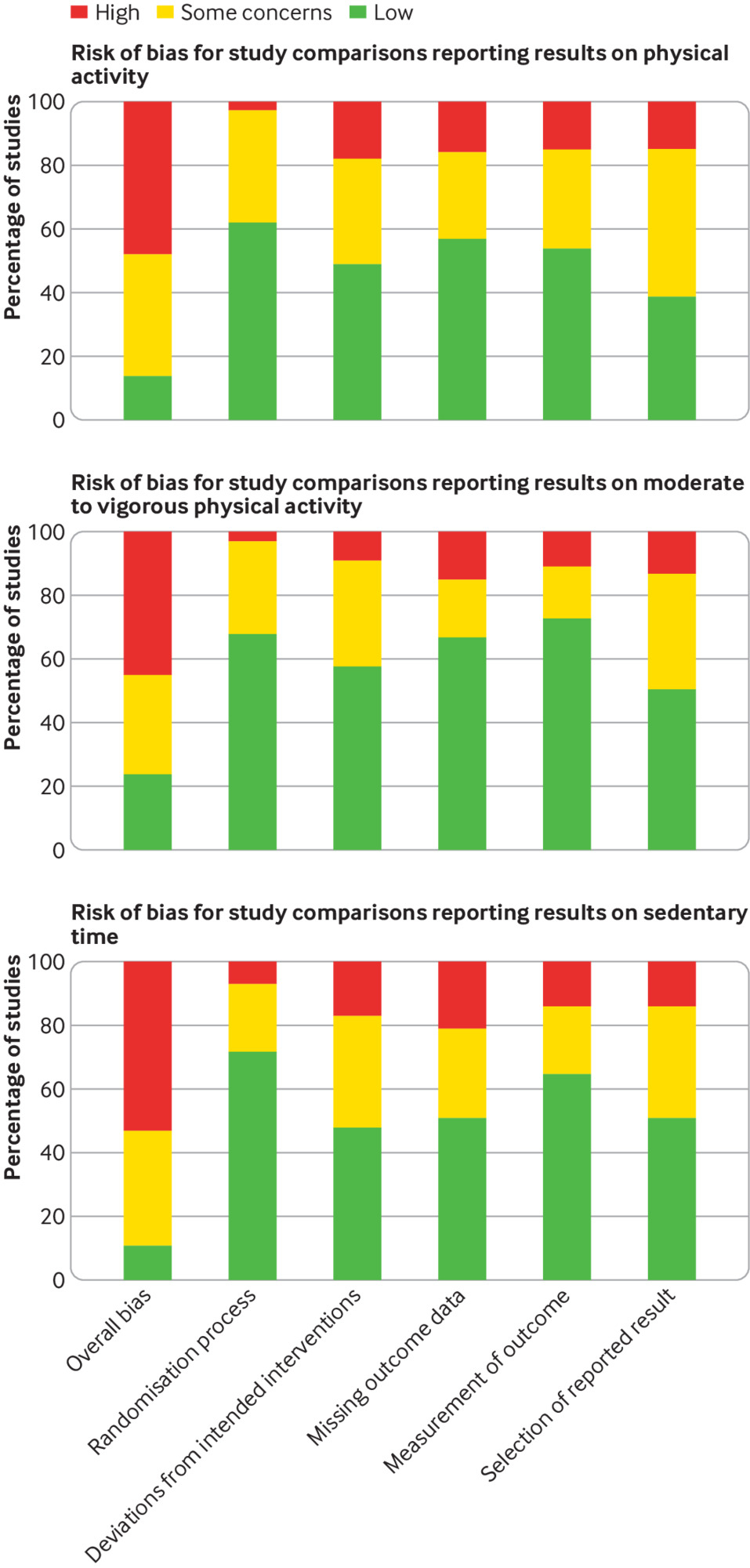Stroke is the second leading cause of death in the world and the leading cause of disability and dementia. In the United States, adults aged 25 years and over have a lifetime risk of stroke of about 24%.
Genetic and environmental factors influence the risk of stroke. Managing cardiometabolic risk factors and promoting healthy lifestyle behaviors are front-line strategies for improving heart health and reducing stroke risk.
Recent genome-wide association studies have identified several stroke risk variants and have enabled the development of genetic risk scores that predict stroke incidence.
It is not yet clear whether improved cardiovascular health offsets the genetic risk for stroke.
However, recently, researchers found that maintaining optimal cardiovascular health may partly offset a high genetic risk for stroke, reducing a person’s overall lifetime risk of stroke.
The study appears in the Journal of the American Heart Association.
“The public message is clear,” Dr. Tatjana Rundek, professor of neurology and public health sciences at the University of Miami, who was not involved in the study, told Medical News Today.
“Despite the potential for harboring ‘bad’ genetic risks, improving cardiovascular health should be the most important priority for public health. Promoting ideal cardiovascular health must start at an early age, and many of us believe that we should start with a healthy diet and exercise from birth,” he said.
For the study, the researchers analyzed data from 11,568 middle-aged adults who were stroke-free at baseline, and followed them for an average of 28 years.
Their lifetime risk of stroke was estimated from genetic risk levels based on validated polygenic stroke risk scores and cardiovascular health levels according to the American Heart Association’s “Life’s Simple 7,” which is now revised and updated to “Life’s Essential 8.”
“Life’s Simple 7” initial recommendations were:
Participants were assessed for “Life’s Simple 7” at study entry from a mix of self-reported and clinically assessed measures.
During the follow-up period, 1,138 participants were diagnosed with stroke. Of these, 14% had a low genetic risk, 41.7% had an intermediate genetic risk, and 44.3% had a high genetic risk.
The researchers further noted that participants who scored low on “Life’s Simple 7” experienced a 56.8% incidence of stroke, whereas those with the optimal “Life’s Simple 7” measure experienced a 6.2% stroke.
Overall, they found that participants with the highest genetic risk and lowest “Life’s Simple 7” score had the highest lifetime risk of stroke at 24.8%.
They further found that across all polygenic risk score categories, those with an optimal “Life’s Simple 7” score had a 30-43% lower lifetime risk of stroke than those with an inadequate “Life’s Simple 7” score.
This, they noted, was associated with an additional 6 years of stroke-free life in those with the highest genetic risk.
Lu Qi, chair and distinguished professor in the Department of Epidemiology at Tulane University School of Public Health and Tropical Medicine, who was not involved in the study, told MNT:
“‘Life’s Simple 7’ [has been] associated with a lower genetic risk of cardiovascular disease including stroke in previous studies. Not surprisingly, an optimal ‘Life’s Simple 7’ score was associated with a lower genetic variation in stroke risk.
When asked how “Life’s Simple 7” could reduce the risk of genetic stroke.
Prof. Rundek said that “the exact mechanism by which a combination of risk/lifestyle factors and genetic factors influence stroke risk is unknown and likely complex.”
“One way to explain how ideal cardiovascular health — ‘Life’s Simple 7’ — might reduce genetic stroke risk is to think about genetic susceptibility to stroke risk in the presence of the deleterious ‘Life’s Simple 7’ factor, because certain genes can be expressed only when activated. by the presence of environmental factors or ‘Life’s Simple 7’ [scores for] poor cardiovascular health,” he said.
“If we reduce these environmental factors and achieve the ideal ‘Life’s Simple 7’ heart health [score] – a stroke risk gene that we have the potential to store – it will not be declared detrimental and contribute to an increased risk of stroke, added Prof. Rundek.
The researchers concluded that maintaining optimal cardiovascular health may partly offset the high genetic risk for stroke.
When asked about the limitations of the research, Prof. Qi noted that the study was observational, “limited to causal inference.”
Prof Christie M. Ballantyne, head of Cardiology at Baylor University, was also not involved in the study, further pointing out that:
“Data on African Americans are not robust, and other racial and ethnic groups, such as Hispanics, South Asians, and East Asians, are not well represented in this study. Additional studies in other populations are needed to optimize polygenic risk scores to make them more useful in clinical practice for all of our patients.”
Prof. Rundek adds that “[i]it may be difficult to achieve and maintain an ideal ‘Life’s Simple 7’ cardiovascular [score] if there is an individual’s strong genetic susceptibility to stroke risk [which includes] an increased risk of hypertension and other ‘Simple 7’ Factors in Life. .
“In addition, there are certain genetic markers – rare alleles – that are not included in the polygenic risk score because they contribute to risk only in small amounts. However, they may have a cumulative effect if present in a person. […] How changes in the ‘Life’s Simple 7’ factor over time affect genetic risk is also an interesting question. All of this needs to be investigated carefully in future studies,” he explained.


